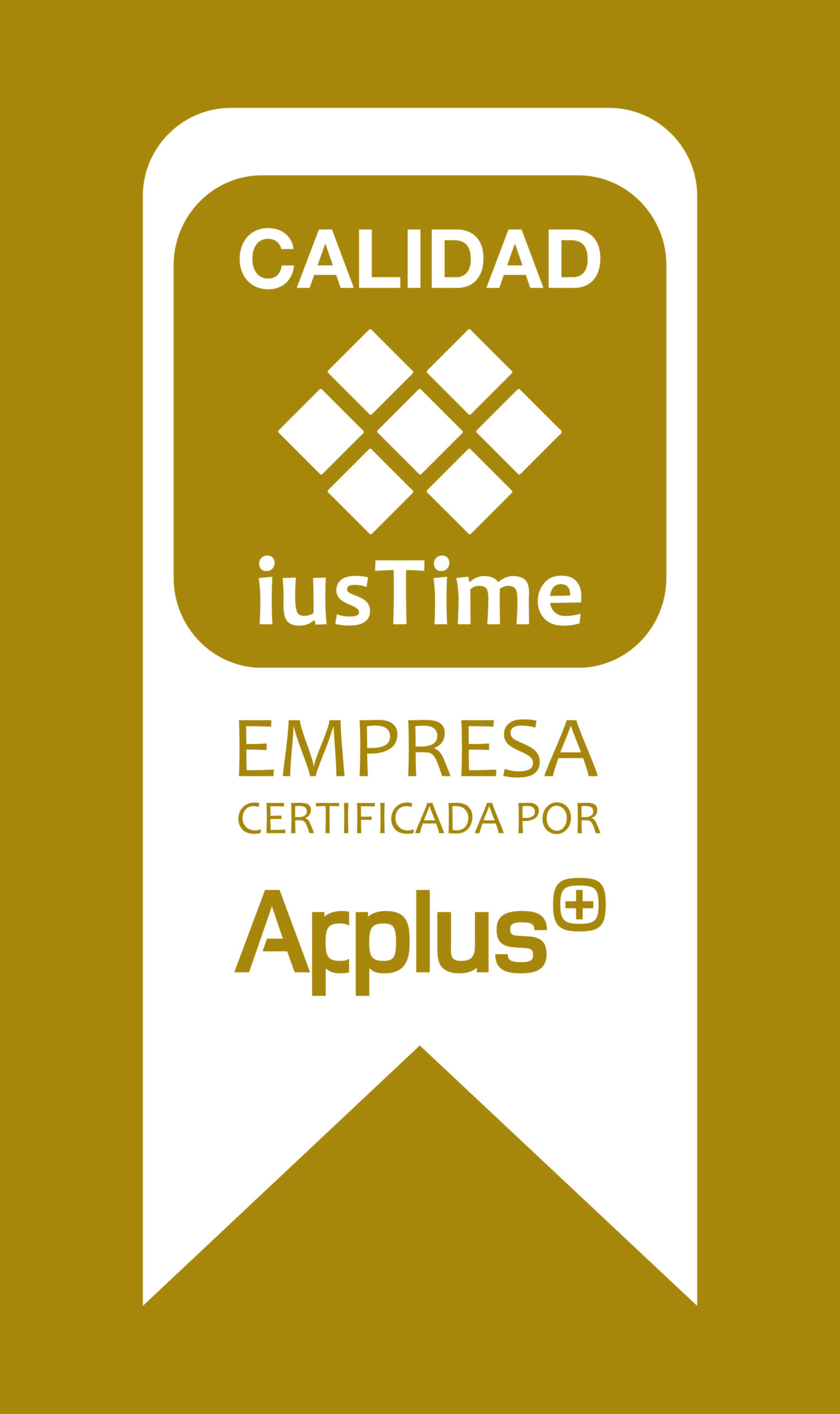The story of fish farming is as old as civilization itself. From the earliest aquaculture practices in ancient China and Egypt to today’s sophisticated global fisheries, humans have long sought sustainable ways to utilize aquatic resources. This evolution not only reflects technological progress but also reveals a deep cultural connection to water-based food sources. Intriguingly, these ancient practices continue to influence modern entertainment, blending history with innovation to educate and entertain audiences worldwide.
Contents
- The Foundations: Ancient Fish Farming and Its Societal Impact
- Technological Progression: From Ancient Fish Ponds to Modern Fish Processing
- Deep Dive: Modern Marine Fish Exploitation and Its Inspirations from Ancient Practices
- Cultural Significance and Global Fish Consumption: The Case of Iceland
- Modern Entertainment Inspired by Ancient Fish Farming
- Non-Obvious Connections: Environmental and Ecological Lessons from Ancient Fish Farming for Modern Entertainment
- Future Directions: Integrating Historical Insights into Innovative Entertainment Media
- Conclusion: Bridging the Past and Present to Inspire Future Engagement with Aquatic Heritage
The Foundations: Ancient Fish Farming and Its Societal Impact
Ancient civilizations such as China, Egypt, and Rome pioneered early methods of fish cultivation, often constructing elaborate ponds, channels, and trapping devices. These systems were vital for ensuring food security and supporting trade routes. For example, Chinese aquaculture dates back over 2,000 years, utilizing rice paddies integrated with fish farming, which provided a dual harvest of rice and fish. Such practices were not only practical but also culturally significant, symbolizing harmony with nature and resourcefulness.
Historically, fish farming contributed immensely to local economies and social stability. Fish was a prized commodity, often associated with status and religious offerings. Societies learned to manage aquatic ecosystems sustainably, setting a foundation for modern resource management. Lessons from these ancient systems emphasize the importance of ecological balance, which remains relevant in today’s efforts to prevent overfishing and habitat destruction.
Technological Progression: From Ancient Fish Ponds to Modern Fish Processing
Over centuries, innovations transformed fish harvesting from manual trapping and small-scale ponds to large-scale industrial operations. The advent of specialized tools, such as nets, traps, and boats, increased efficiency and capacity. Modern fishing vessels can process hundreds of tons daily, exemplifying how technological evolution has optimized resource utilization. For instance, the development of large trawlers equipped with advanced sonar and processing facilities allows for swift and sustainable harvesting, reflecting a heritage of continuous improvement rooted in ancient practices.
This progression demonstrates a legacy of technological ingenuity aimed at meeting global demand while striving for sustainability. The integration of automation, GPS, and data analytics today echoes the ancient emphasis on strategic resource management, ensuring that fish stocks are utilized responsibly and efficiently.
Deep Dive: Modern Marine Fish Exploitation and Its Inspirations from Ancient Practices
Modern deep-sea fishing employs advanced equipment like remotely operated vehicles (ROVs) and deep-diving submarines capable of reaching depths of 2,000 meters. These technological feats are modern parallels to ancient fish trapping techniques, which relied on understanding fish migration patterns and natural bottlenecks to maximize catch. While ancient fishers used simple devices like weirs and nets, today’s deep-sea vessels employ sonar-guided trawling and specialized equipment to access previously unreachable environments.
Despite technological advances, environmental considerations have become central. Sustainable practices, such as quota management and marine protected areas, are rooted in awareness of historical overexploitation. Recognizing that ancient communities also understood the importance of ecological balance informs today’s push for responsible fishing, blending tradition with innovation.
Cultural Significance and Global Fish Consumption: The Case of Iceland
Iceland exemplifies a nation where ancient fish farming traditions continue to shape contemporary dietary habits. With a per capita fish consumption of approximately 91 kg/year, Icelanders’ reliance on fish is a cultural legacy stemming from centuries of fishing and aquaculture. Historically, the rich marine environment provided sustenance during harsh winters and supported community development.
This cultural connection influences modern recreation and entertainment. Fishing remains a popular pastime, often intertwined with national identity. The importance of fish in Icelandic culture also inspires media representations, documentaries, and educational programs that celebrate aquatic heritage, fostering a deeper appreciation for sustainable practices and cultural values.
Modern Entertainment Inspired by Ancient Fish Farming
The timeless appeal of fishing has transcended its utilitarian origins to become a prominent form of recreation and entertainment. The advent of digital gaming has further popularized fishing motifs, making the experience accessible to a global audience. For instance, the game play free spins slot exemplifies how traditional themes are integrated into modern entertainment platforms.
Such games draw inspiration from historical fishing practices, using visual motifs like rods, reels, and aquatic environments to educate players subtly about aquatic ecosystems and resource management. They serve as engaging tools that connect players with the origins of fish farming, emphasizing sustainability and ecological awareness.
Non-Obvious Connections: Environmental and Ecological Lessons from Ancient Fish Farming for Modern Entertainment
Ancient sustainable fishing practices, such as rotational use of fishing grounds and selective harvesting, inform eco-friendly game design and storytelling today. These narratives foster conservation-minded entertainment content, encouraging players to consider ecological impacts. For example, games that incorporate themes of habitat preservation and resource renewal echo the old principles of maintaining ecological balance.
«Understanding the past helps us craft a sustainable future—whether in fisheries or in digital stories that inspire ecological responsibility.»
Entertainment platforms have the potential to educate audiences about the ecological consequences of overfishing and habitat destruction, promoting a conservation ethos rooted in historical wisdom.
Future Directions: Integrating Historical Insights into Innovative Entertainment Media
Emerging technologies like augmented reality (AR) and virtual reality (VR) offer immersive experiences based on ancient fish farming stories. Imagine exploring ancient aquaculture systems or participating in simulated sustainable fishing expeditions, all through interactive media. Such innovations not only entertain but also serve educational purposes, deepening understanding of historical techniques and ecological principles.
Cross-disciplinary collaborations among historians, technologists, and entertainment creators can lead to rich content that bridges past and future. Educational games that simulate ancient fish management systems can foster appreciation for cultural heritage while promoting sustainability—making history both engaging and relevant.
Conclusion: Bridging the Past and Present to Inspire Future Engagement with Aquatic Heritage
Ancient fish farming practices have left an indelible mark on our cultural and technological landscapes. From early management techniques to modern sustainable fisheries, the principles of resourcefulness and ecological balance persist. These lessons continue to inspire modern entertainment, exemplified by digital games and immersive media that educate and entertain simultaneously.
Preserving and transmitting this aquatic heritage through innovative media is crucial. As we develop new ways to experience and learn about our water-based history, we foster a deeper understanding and appreciation of the ecological and cultural significance of fish farming. Embracing this continuity ensures that future generations remain connected to the sustainable traditions of the past, while enjoying the engaging possibilities of modern entertainment.









